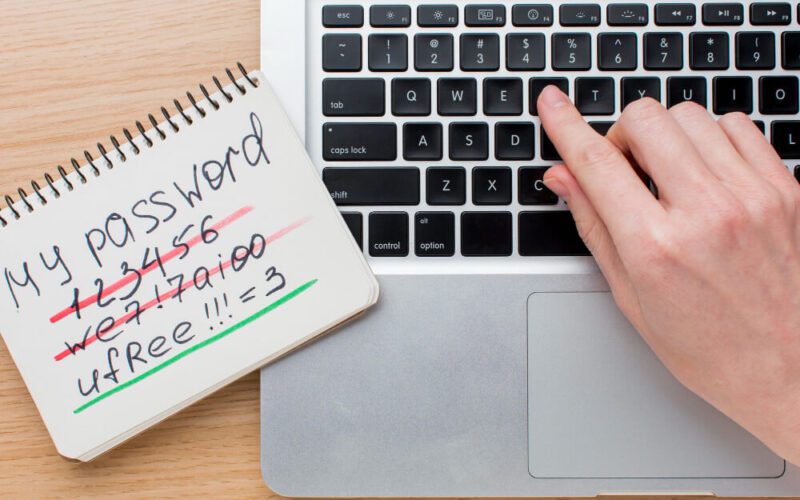The ongoing debate of passkeys vs passwords is shaping the future of digital security. As cyber threats grow more sophisticated, passkeys are emerging as a safer, simpler solution—and tech giants like Apple, Google, and Microsoft are fully behind it.
What Are Passkeys and Why Are They Safer Than Passwords?
Passkeys are cryptographic credentials that replace passwords entirely. They work using biometric data (like a fingerprint or Face ID) or device-based PINs that never leave your device, making them much harder to steal or misuse.
“Passkeys are significantly more secure than passwords because they eliminate shared secrets,” explains the FIDO Alliance, a leader in open authentication standards.
Why Passwords Are Fading Fast
Passwords have long been a weak point in online security. Users often reuse them across sites, pick weak combinations like “123456,” or store them insecurely. Even with two-factor authentication (2FA), passwords can still be phished, leaked in breaches, or guessed. Passkeys, by design, don’t rely on any shared secret and therefore can’t be stolen in the same way.
Who’s Using Passkeys Today?
Tech leaders have already integrated passkey support. Apple introduced it with iOS 16 and macOS Ventura, syncing credentials through iCloud Keychain. Google supports passkeys on Android and Chrome, while Microsoft is rolling them out across Windows and Edge. Companies like PayPal, Amazon Web Services, and 1Password have begun implementing or supporting passkey authentication.
How Passkeys Work Technically
When you create a passkey, your device generates a key pair—a public key stored on the website and a private key kept securely on your device. During login, the website sends a challenge that only the private key can solve. Since the private key never leaves your device, attackers can’t intercept or steal it.
This approach is based on FIDO2 and WebAuthn standards, offering a modern and open alternative to password-based logins.
Benefits of Switching to Passkeys
- No memorization needed
- Immune to phishing attacks
- Faster logins across devices
- Cross-platform sync with cloud services like iCloud or Google Account
- No need for 2FA in many cases
Are Passkeys the End of Passwords?
We’re moving toward a passwordless future—and it’s arriving faster than most users realize. Passkeys offer a more intuitive, secure, and efficient way to authenticate. As adoption grows and support spreads across platforms and services, traditional passwords may eventually become obsolete.
For users, it means less cognitive burden. For businesses, it means fewer breaches and support requests. And for the web, it signals a major leap toward safer digital identity practices.









